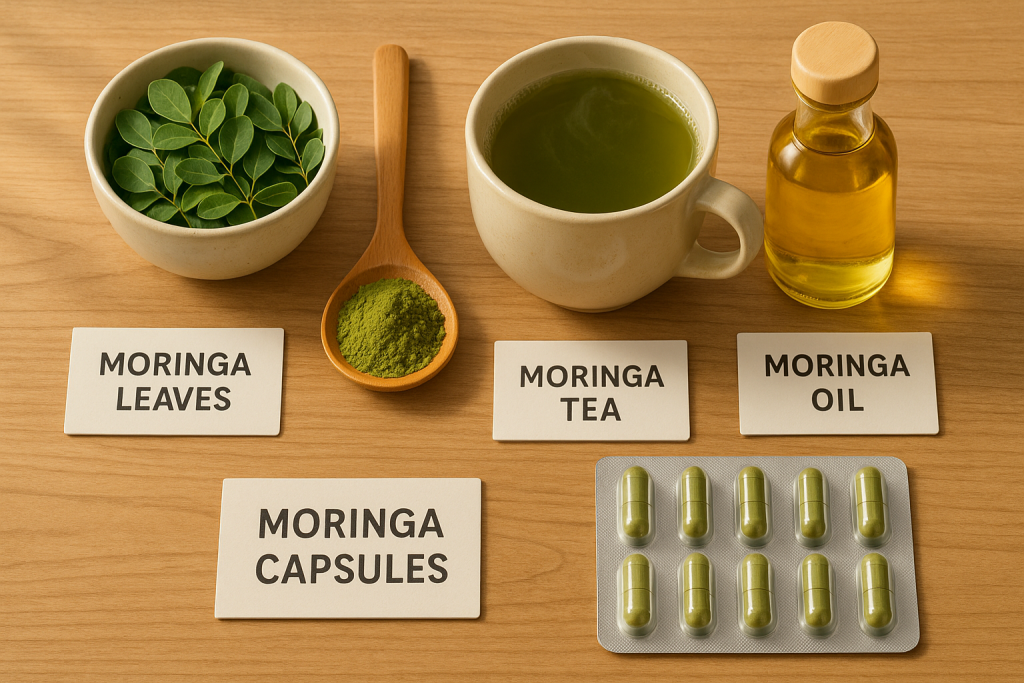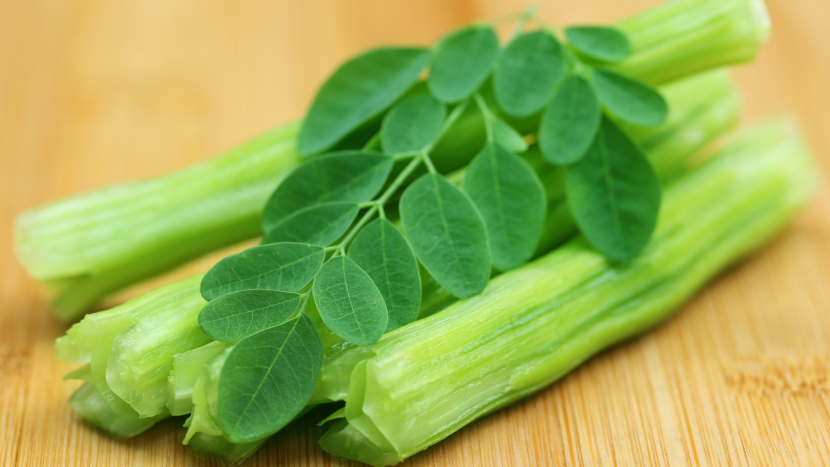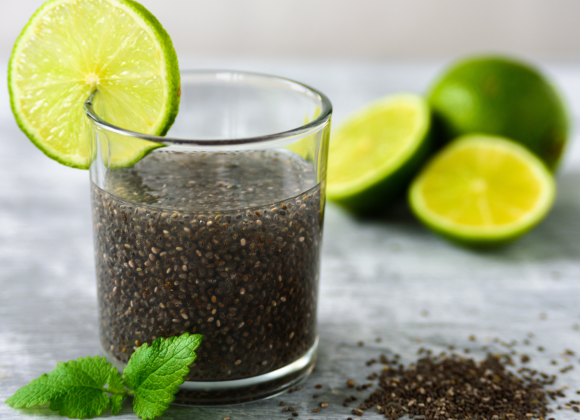Moringa oleifera, widely known as moringa or the drumstick tree, is often called the “miracle tree” — and for good reason. Native to parts of Africa and Asia, especially India, this fast-growing, drought-resistant plant has been used for centuries in traditional Ayurvedic medicine to treat a wide range of ailments.
In recent years, moringa has gained global recognition as a superfood, thanks to its exceptional nutritional content and numerous health benefits. Whether consumed as fresh leaves, powder, tea, or capsules, moringa can be a powerful addition to a healthy lifestyle.
Let’s explore the top 8 benefits of moringa and why it deserves a place in your diet.
1. Nutritional Powerhouse
Moringa is one of the most nutrient-rich plants on the planet. Its leaves are packed with:
- Vitamin C (more than oranges)
- Vitamin A (more than carrots)
- Calcium (more than milk)
- Potassium (more than bananas)
- Iron (more than spinach)
- Protein (including all nine essential amino acids)
Just 100 grams of dried moringa leaf powder can provide up to 10 times the recommended daily intake of vitamin A, making it especially useful in regions with widespread malnutrition.
2. Powerful Antioxidants
Moringa leaves are rich in polyphenols, flavonoids, and antioxidant compounds like:
- Quercetin – supports blood pressure control
- Chlorogenic acid – helps moderate blood sugar
- Beta-carotene – protects against oxidative stress
These antioxidants help protect your cells from damage by free radicals, reducing the risk of chronic diseases such as cancer, heart disease, and premature aging.
3. Helps Regulate Blood Sugar Levels
One of moringa’s most studied benefits is its ability to reduce blood sugar levels, making it beneficial for people with diabetes or prediabetes. In clinical trials, taking moringa powder led to significant improvements in fasting blood glucose and HbA1c levels.
This effect is attributed to plant compounds like isothiocyanates, which influence insulin secretion and absorption.
4. Natural Anti-Inflammatory
Chronic inflammation is the root cause of many modern diseases, including arthritis, cardiovascular issues, and autoimmune conditions.
Moringa contains natural anti-inflammatory compounds that can help reduce swelling and pain. In particular, isothiocyanates and flavonoids found in the leaves inhibit the body’s inflammatory responses.
5. Supports Heart Health

Moringa has a cholesterol-lowering effect and helps protect against the formation of arterial plaque.
Its combination of antioxidants, potassium, and polyphenols supports heart health by:
- Lowering LDL (bad cholesterol)
- Improving blood circulation
- Regulating blood pressure
These effects can help reduce the risk of heart attack and stroke when combined with a heart-healthy diet.
6. Great for Skin and Hair

The nutrients in moringa, particularly vitamin A, E, and zinc, support healthy skin and hair:
- Vitamin A helps maintain skin cell integrity
- Vitamin E combats oxidative stress that causes aging
- Zinc promotes hair growth and repairs damaged tissue
Moringa oil is also widely used in natural skincare for its moisturizing, anti-aging, and antimicrobial properties.
7. Strengthens Immunity
With its high vitamin C content and bioactive compounds, moringa boosts the immune system and enhances the body’s ability to fight infections.
Regular consumption may help reduce the frequency of colds, flu, and other illnesses. Moringa’s antibacterial and antiviral properties also contribute to its immune-enhancing effects.
8. Enhances Brain and Cognitive Health
Thanks to its rich antioxidant profile and iron content, moringa supports brain function and mental clarity. It has been found to:
- Improve memory
- Reduce brain fog
- Protect against neurodegeneration
In some studies, moringa has shown promise in reducing oxidative stress in the brain, which is linked to Alzheimer’s disease and cognitive decline.
How to Use Moringa

There are several easy ways to add moringa to your daily diet:
- Fresh leaves: Cook them like spinach or add to soups.
- Dried powder: Mix into smoothies, yogurt, or sprinkle on food.
- Moringa tea: A soothing, caffeine-free herbal tea.
- Capsules or tablets: For a quick, supplement-based option.
- Moringa oil: Apply topically for skin and hair care.
Start with small doses, especially when using powder or supplements, and increase gradually as your body adjusts.
Precautions and Side Effects
While moringa is safe for most people, some things to keep in mind:
- Avoid high doses: Excess may cause nausea or stomach upset.
- Pregnancy caution: Some parts of the moringa plant (like the root) may cause uterine contractions – pregnant women should avoid unless advised.
- Medication interactions: Moringa may lower blood pressure or blood sugar, so consult a doctor if you’re on medication for diabetes or hypertension.
Final Thoughts
Moringa is truly a gift from nature – a nutrient-rich, medicinal plant that supports nearly every system in the body. From boosting immunity and reducing inflammation to supporting your skin, heart, and brain, its benefits are vast and scientifically backed.
Incorporating moringa into your routine can be a small but powerful step toward a healthier, more vibrant life. Whether you sip it as tea or sprinkle the powder into your meals, let moringa be your green ally in wellness.




